Zeroth-order logic
Zeroth-order logic is first-order logic without variables or quantifiers. Some authors use the phrase "zeroth-order logic" as a synonym for the propositional calculus,[1] but an alternative definition extends propositional logic by adding constants, operations, and relations on non-Boolean values.[2] Every zeroth-order language in this broader sense is complete and compact.[2]
Propositional calculus is a branch of logic. It is also called propositional logic, statement logic, sentential calculus, sentential logic, or sometimes zeroth-order logic. It deals with propositions (which can be true or false) and relations between propositions, including the construction of arguments based on them. Compound propositions are formed by connecting propositions by logical connectives. Propositions that contain no logical connectives are called atomic propositions.
Unlike first-order logic, propositional logic does not deal with non-logical objects, predicates about them, or quantifiers. However, all the machinery of propositional logic is included in first-order logic and higher-order logics. In this sense, propositional logic is the foundation of first-order logic and higher-order logic.
